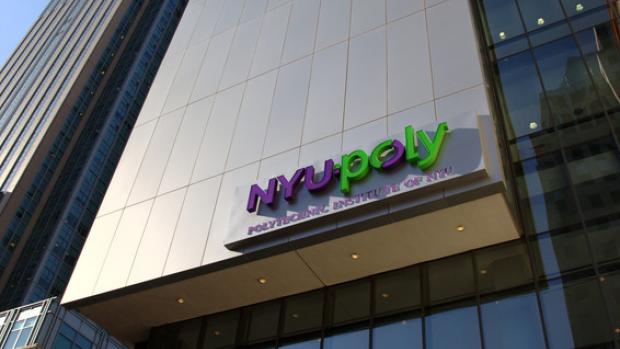Groundbreaking NSF Program to Support Academic Entrepreneurs

The National Science Foundation selected a consortium of CUNY, NYU and Columbia to establish a regional node for its groundbreaking Innovation Corps (I-Corps) program that prepares academic researchers to become entrepreneurs and speeds the commercialization of their research.
The NSF awarded $3.7 million to form the New York City Regional Innovation Node (NYCRIN) to develop scientific and engineering discoveries into economically viable products and startup ventures. The NYCRIN will educate the academic technologists and connect them with entrepreneurial and business partners.
The program will accept academic applicants selected by the NSF from around the country. Participating teams must have conducted NSF-funded research that resulted in intellectual property/patents with the potential to be commercialized.
The first NYCRIN cohort of 25 teams will come to New York in April for the kickoff of an eight-week-long curriculum.
Gillian Small, CUNY's vice chancellor for research, is the principal investigator (PI) for the grant. The co-PIs include Kurt Becker, NYU-Poly associate provost for research and technology initiatives.
Members of the instructional team will include university faculty, university-affiliated incubators, the New York City Investment Fund, Columbia Technology Ventures, NYU Innovation Venture Fund, as well as members of the NYC venture capital community. Among the NYU and NYU-Poly members of the teaching teams will be NYU Innovation Venture Fund Managing Director Frank Rimalovski, NYU Entrepreneurial Institute Programs Director Lindsey Marshall and NYU-Poly Director of Incubator Initiatives Micah Kotch.
The NYCRIN will embrace a “learn by doing” philosophy of entrepreneurship training and emphasize ideas central to the Lean Startup methodology, whose aim is to found frugal, capital-efficient organizations with a low burn rate.
The NYCRIN received one of three NSF awards in February, totaling $11,239,921, to university consortia. The other two are The NSF Bay Area Regional I-Node Program at the University of California, Berkeley in collaboration with University of California, San Francisco and Stanford University; and The I-Corps Node: DC, Maryland, Virginia Region at the University of Maryland in collaboration with George Washington University and Virginia Tech.

